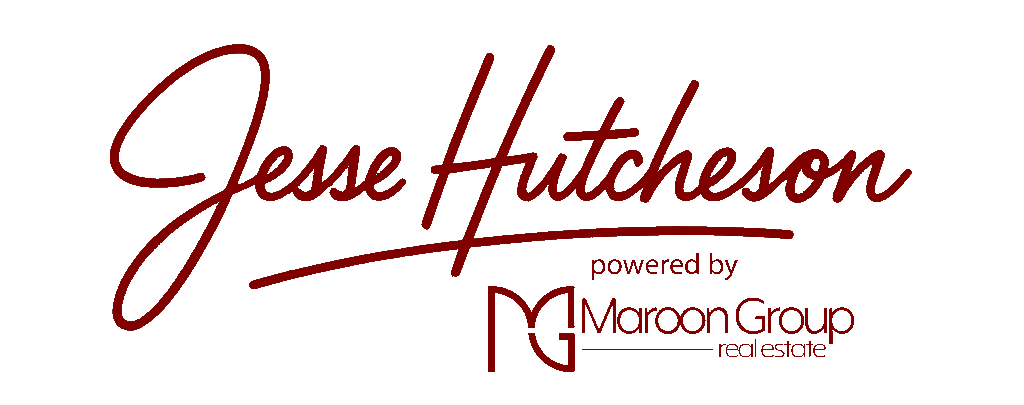Why Inflation Means It’s Time To Buy
According to the U.S. Department of Labor’s statistics, inflation was clocked at 5.4% for the 12 months ending July 2021.
Inflation is certainly a buzzword in our current culture. But what does it mean for you, a potential buyer, and how does it affect your buying power?
First, what does inflation actually mean? The easiest way to describe it is like this – if you had $100 last July, then today, that $100 is actually only worth $94.60 due to 5.4% inflation. Essentially, the value of a dollar is being reduced. Each dollar is worth less than it was previously. It’s not good.
Second, what is the average appreciation of homes per year? According to Black Knight, a data and analytics company, the average home appreciates (or grows in value) 3.5-3.8% per year. That means if you buy a home for $300,000 then the next year it’s worth between $310,500 and $311,400 without you doing anything to the home. The market just grows the value.
So, why does this matter to you, the potential homebuyer? Whether you are looking to upgrade or buy your first home it’s important to understand how to best use and invest your hard earned money. Many people today (in September 2021) talk about waiting until home values “go back down” before they buy. But let’s be honest, that’s probably not going to happen and it certainly won’t happen when we look at the average growth nationally (again, 3.5-3.8% per year).
PLUS, as inflation continues, home interest rates will go up. Why? Because when a bank loans money and is used to making, for example, $150 on every $100 they lend, inflation makes the money they receive back less valuable than it was originally. So to combat that they must raise the interest rate (a.k.a. the percentage return they expect on the money they lend) in order to stay as profitable. Banks aren’t non-profits, they very much exist to make money. So instead of needing to get $150 for every $100 they lend perhaps now they need $160 or $170 for every $100 they lend. And who pays that cost? You do, the consumer. So all waiting did was make it more expensive for you to pay back the bank.
Let’s take a bigger picture view and just talk rationally here. The trends point towards continuing inflation and continuing home value growth. So, that means if you wait 6 months or a year to buy a home then the home you could buy today for $300,000 with a 3% interest rate now costs you $310,000 with a 4% interest rate. And guess what? That’s a whopping difference of almost $300/month on the SAME HOUSE.
So let me just ask you a question – do you want to buy the same house next year but just spend $300 more every month on it? Obviously the answer is no, of course not. There is a very real cost of waiting. Oh and guess what? Your $300 more per month was worth $320 a year ago.
But what happens if inflation doesn’t continue and interest rates don’t rise? That same house still costs you $50 more per month due to the home’s appreciation. What happens if inflation pushes interest rates up but home values remain the same? That same house still costs you $130 more per month.
So the bottom line is, you are truly playing Russian roulette, rolling the dice, or betting against the odds (is that enough gambling terms for you?) if you are waiting for prices to not go up and interest rates to not go up. If I was a betting man, I would say the likelihood of that is maybe a 1 in 50 chance. I don’t know about you, but when it comes to my money, I’m not willing to take that risk.
Buy a home today before it costs you much more tomorrow.



